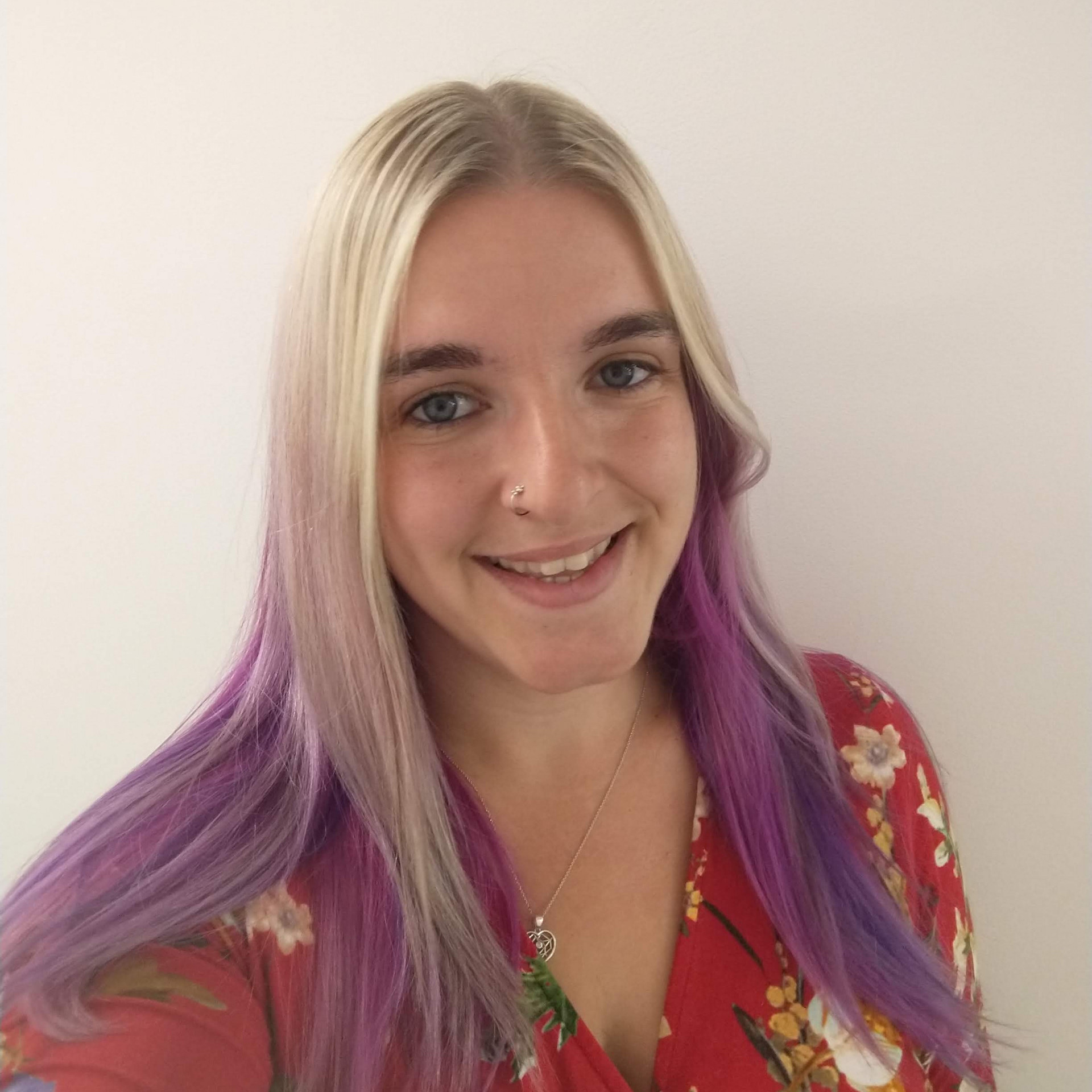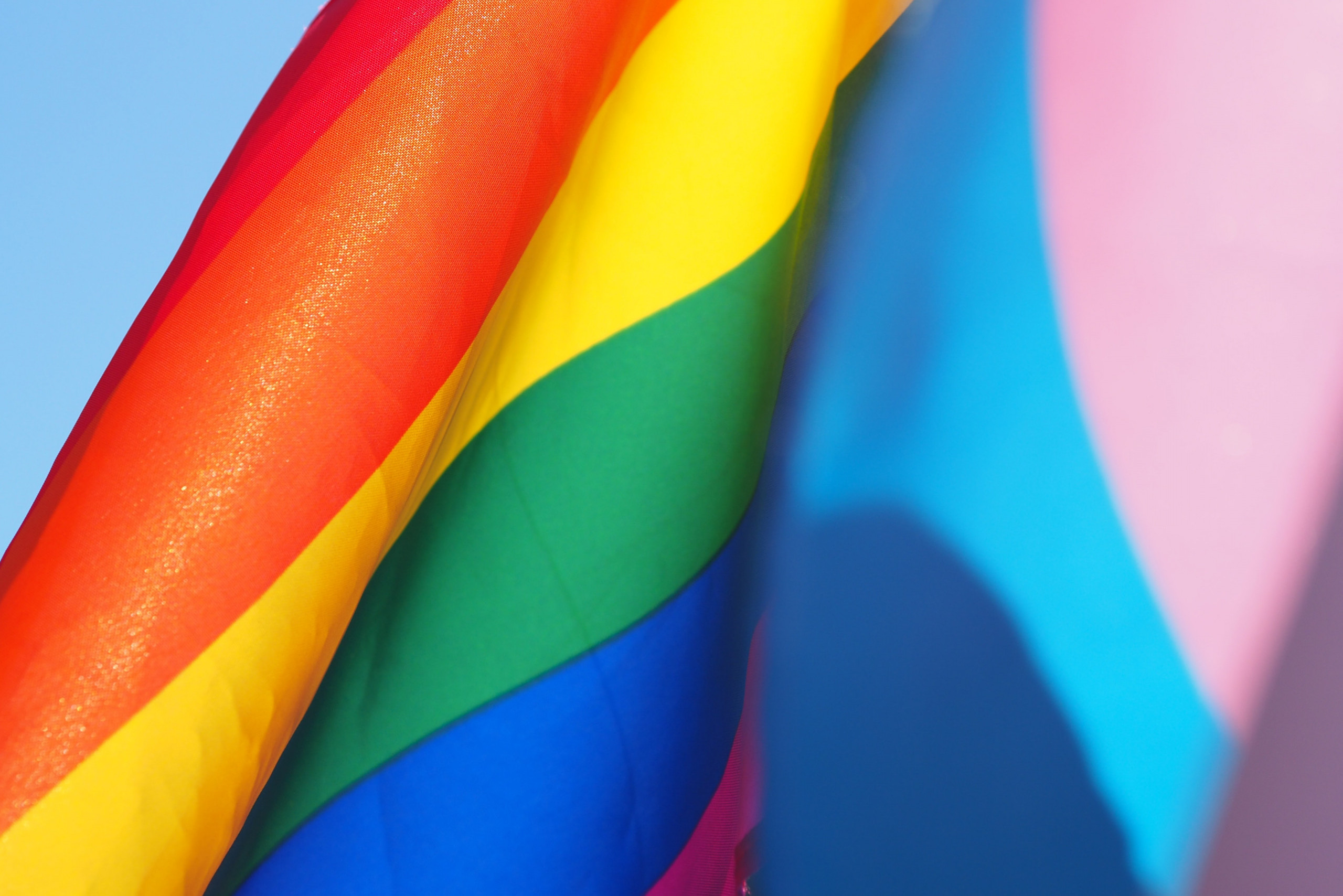Let’s Talk About ED’s and LGBTQ+ 🏳️🌈
LGBTQ+ people face unique challenges that may put them at greater risk of developing an eating disorder. Research shows that, beginning as early as 12, teens who are LGBTQ+ may be at higher risk of binge-eating and purging than heterosexual peers.
Potential factors that may play a role in the development of an eating disorder may include:
- Fear of rejection or experience of rejections by friends, family, and co-workers
- Internalised negative messages/beliefs about oneself due to sexual orientation, non-normative gender expressions, or transgender identity
- Experiences of violence and post-traumatic stress disorder (PTSD), which research shows sharply increases vulnerability to an eating disorder
- Discrimination due to one’s sexual orientation and/or gender identity
- Being a victim of bullying due to one’s sexual orientation and/or gender identity
- Discordance between one’s biological sex and gender identity
- Inability to meet body image ideals within some LGBTQ+ cultural contexts
–
People experiencing gender dysphoria (feeling that their gender identity does not align with their body) are at a higher risk for developing eating disorders. These individuals may try to change their physical appearance through dieting and exercise in order to resemble the gender they identify with internally. Individuals may try to stop, delay, or reverse puberty by fasting, over-exercising or purging.
LGBTQ+ people, in addition to experiencing unique contributing factors, may also face challenges for accessing treatment and support.
🏳️🌈Common barriers may include a lack of culturally-competent treatment, which addresses the complexity of unique sexuality and gender identity issues, lack of support from family and friends, and insufficient eating disorders education among LGBTQ+ resource providers who are in a position to detect and intervene.
So, what can be done to help those who are LGBTQ+ – listen.
That is all we ask, really. Listen to each unique voice, each unique story and take time to learn. Ensuring correct pronouns are used and honouring them. It is so important we continue to reach out to these communities as they may be fearful of reaching out to us, due to stigma, and the fear of not being understood. Even a check up at the local GO may be terrifying, the ‘what if’ they misgender me, ‘what if’ they do not understand. I am so proud of the work we do at first steps, we really do treat each person as an individual. Listening to their requirements and then taking time to educate ourselves if needed. Listening and understanding the difficulties the individual may have already experienced and how hard it may have been for them to even reach out and ask for support. Listening to their thoughts and feelings. Really, listening.
Only by doing this will you be able to Identify the underlying triggers for an LGTBQ individual, which is essential during treatment for an eating disorder. By addressing the underlying trauma and issues, clients will have a better opportunity for lasting recovery.

Contributed by Zoe Burnett,
Specialist Support Office at First Steps ED


